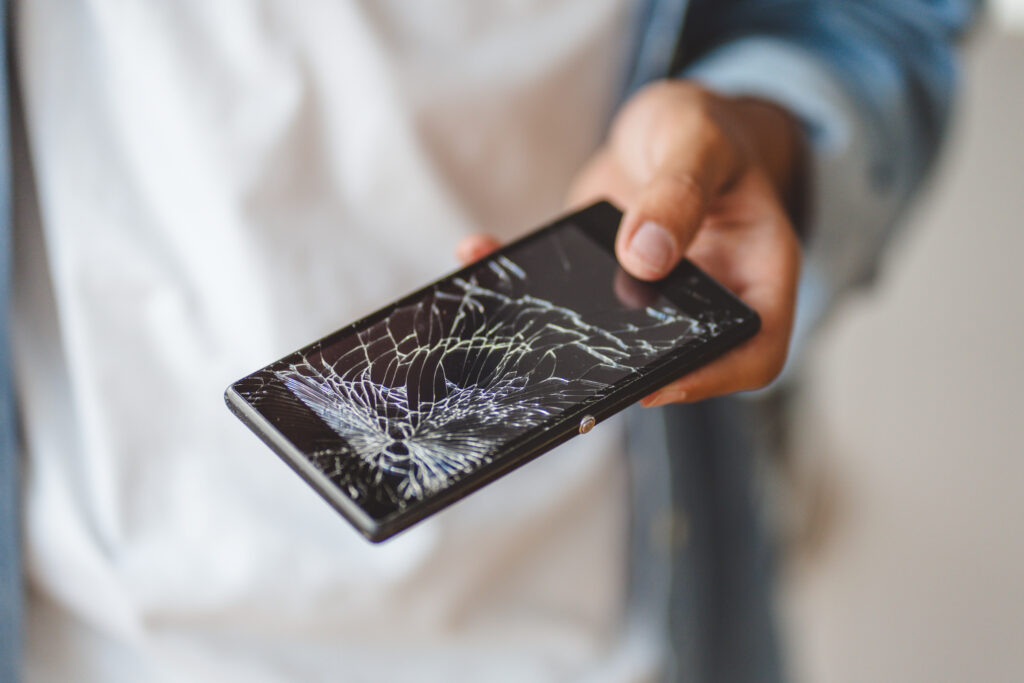Smartphone glass, nappies, and cigarette butts — these everyday items are notoriously difficult to recycle. Despite increasing efforts, only 48% of municipal waste in the EU was recycled in 2023, falling short of upcoming targets that require 55% of waste to be prepared for reuse or recycling by the end of 2025. A recent article highlights five particularly challenging waste streams — and the innovative solutions now being developed.
Recycling chemically strengthened glass
The EU-funded EVERGLASS project is pioneering a new approach to recycling difficult types of glass, such as smartphone screens and medical vials. Traditional kilns struggle to melt chemically altered glass due to the high energy and time needed to adjust temperatures. EVERGLASS researchers are developing a laser-based system that can quickly adapt to different glass types, offering a more flexible and efficient recycling method.
Other recycling challenges
The article also explores other major recycling hurdles:
- Neodymium magnets from wind turbines and e-scooters lack efficient recycling methods, despite containing valuable critical raw materials.
- Food waste from hotels and restaurants, much of which is currently landfilled, is being transformed into biostimulant fertilisers through solid-state fermentation.
- Disposable nappies, which are difficult to recycle due to their super-absorbent polymers, are being separated and treated in new pilot plants.
- Cigarette butts, small and toxic, are being collected by initiatives like Italy’s Re-Cig, which transforms them into usable plastics.
Key takeaways
- Innovative recycling solutions are urgently needed to meet EU waste targets.
- Laser-based glass recycling, as developed by EVERGLASS, could significantly reduce the waste of high-quality technical glass.
- Closing the recycling loop for critical raw materials like neodymium magnets will be vital for Europe’s green transition.
- Finding ways to recycle complex waste streams — from nappies to cigarette butts — is crucial for protecting the environment and building a circular economy.
Read the full article published by Euronews below.
